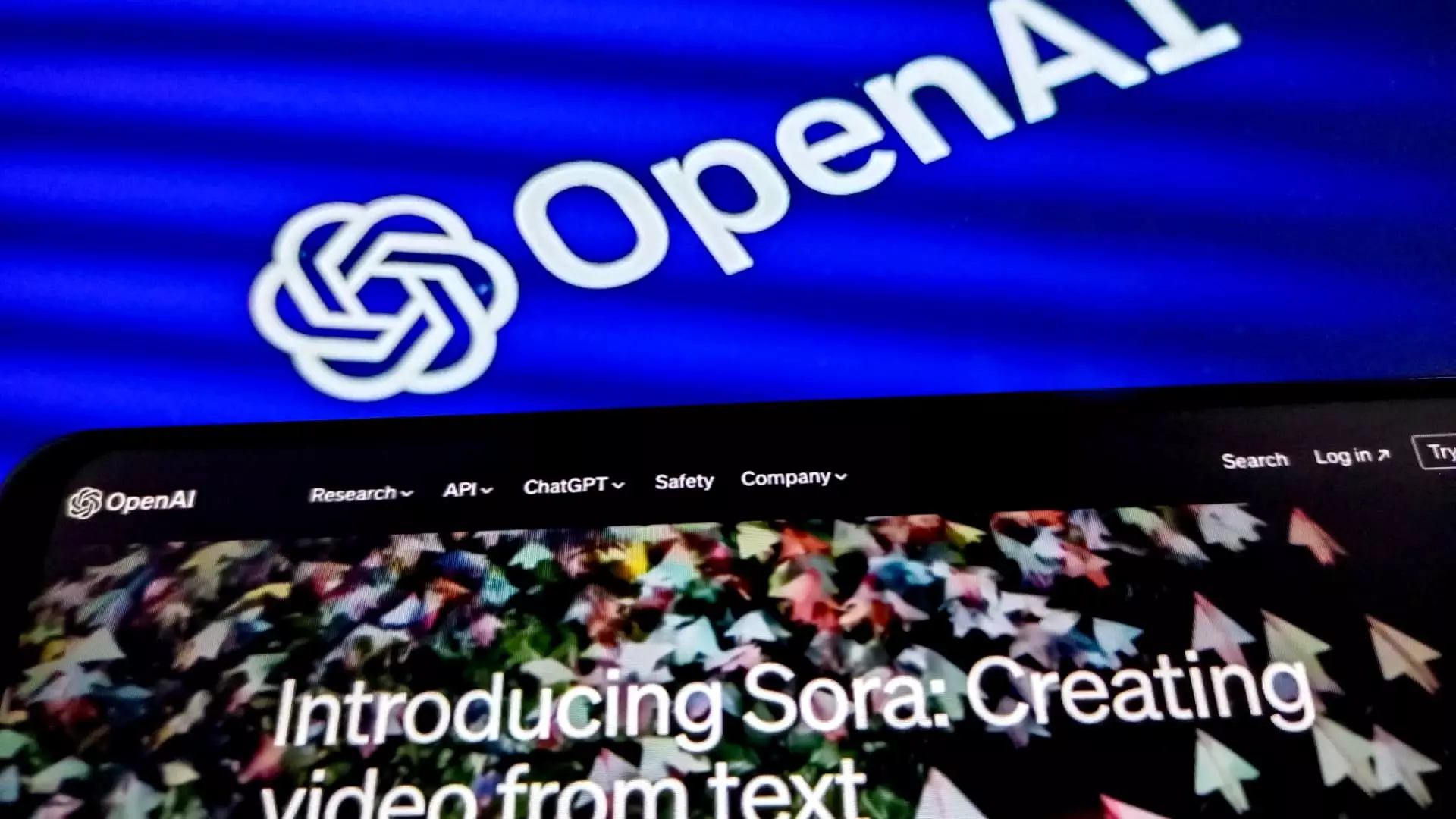The world of artificial intelligence (AI) is rapidly evolving, and as one of its most innovative players, OpenAI is not immune to change. Recently, the company has experienced a significant shake-up in its leadership, sparking concern among its investors. Sarah Friar, the Chief Financial Officer, has taken proactive steps to quell these concerns, emphasizing both the company’s stability and its ambitious goals for the future.
Notably, OpenAI’s Chief Technology Officer, Mira Murati, made headlines when she announced her departure. This development came hot on the heels of announcements regarding the exits of key executives like Bob McGrew and Barret Zoph, both integral to OpenAI’s research initiatives. In a personal email addressed to investors, Friar acknowledged the challenges that accompany leadership transitions, stressing that while shifts in personnel can be alarming, the company remains steadfast in its commitment to innovation and performance.
Linked closely to these departures is the environment at OpenAI, which has seen other significant exits in recent months. The co-founder John Schulman left for rival Anthropic, and several other key figures have either departed or taken leave. While these changes might suggest instability, Friar maintains that OpenAI has a “talented leadership bench” equipped to navigate the current landscape and drive the company’s vision forward.
In her communication, Friar underscored the optimistic trajectory of OpenAI, particularly as the company works towards closing a highly anticipated funding round. Valued at approximately $150 billion, this funding, led by Thrive Capital with an investment of $1 billion, aims to bolster OpenAI’s resources significantly. Friar’s assurance to investors included specifics that suggest substantial interest in this round, describing it as “oversubscribed” and planned for closure within the week.
The emphasis on this funding round is pivotal for OpenAI, especially in light of the recent executive departures. Investors naturally seek reassurance in both the financial stability of the organization and its leadership capabilities. Friar’s mention of a series of upcoming calls to introduce new key leaders serves as a strategic move to solidify investor confidence. By highlighting the company’s ongoing dedication to innovation, OpenAI positions itself not just as a survivor of internal turbulence, but rather as an agile and resilient player within the AI arena.
The road ahead is crucial for OpenAI, especially as it aims to successfully introduce sustainable revenue models that could significantly enhance its operations. The collaborations with tech giants like Microsoft and Apple further solidify OpenAI’s standing in the highly competitive AI sector. Friar expressed optimism about these partnerships, projecting that they would offer transformative opportunities to advance the goal of making AI accessible to everyone.
Moreover, with new appointments in the research division, like Mark Chen stepping into a senior vice president role, OpenAI is signaling its intent to maintain a cutting-edge approach in its projects. Friar’s statements about the existing leadership potentially pushing boundaries in innovation is another strategic angle aimed at placating investor nerves while underscoring the company’s vigor and focus.
The dynamic environment of AI does not come without its challenges. OpenAI must not only adapt to internal personnel changes but also navigate an industry rife with competition and rapid technological advancement. The exits of notable figures don’t just impact morale—they can shift strategic focuses and influence ongoing projects. However, within these challenges lie opportunities for growth and evolution, often pushing organizations toward increased creativity and adaptability.
While OpenAI faces significant changes in leadership, Friar’s proactive communication following Murati’s departure reveals a company that is both resilient and determined to continue its trajectory toward innovation. This phase could be pivotal, either demonstrating the company’s ability to maintain its relevance in a fast-paced industry or presenting challenges that may hinder its progress. Investors must keep a watchful eye on how OpenAI integrates its newly evolving leadership structure with its overarching ambitions as it enters this new chapter.

